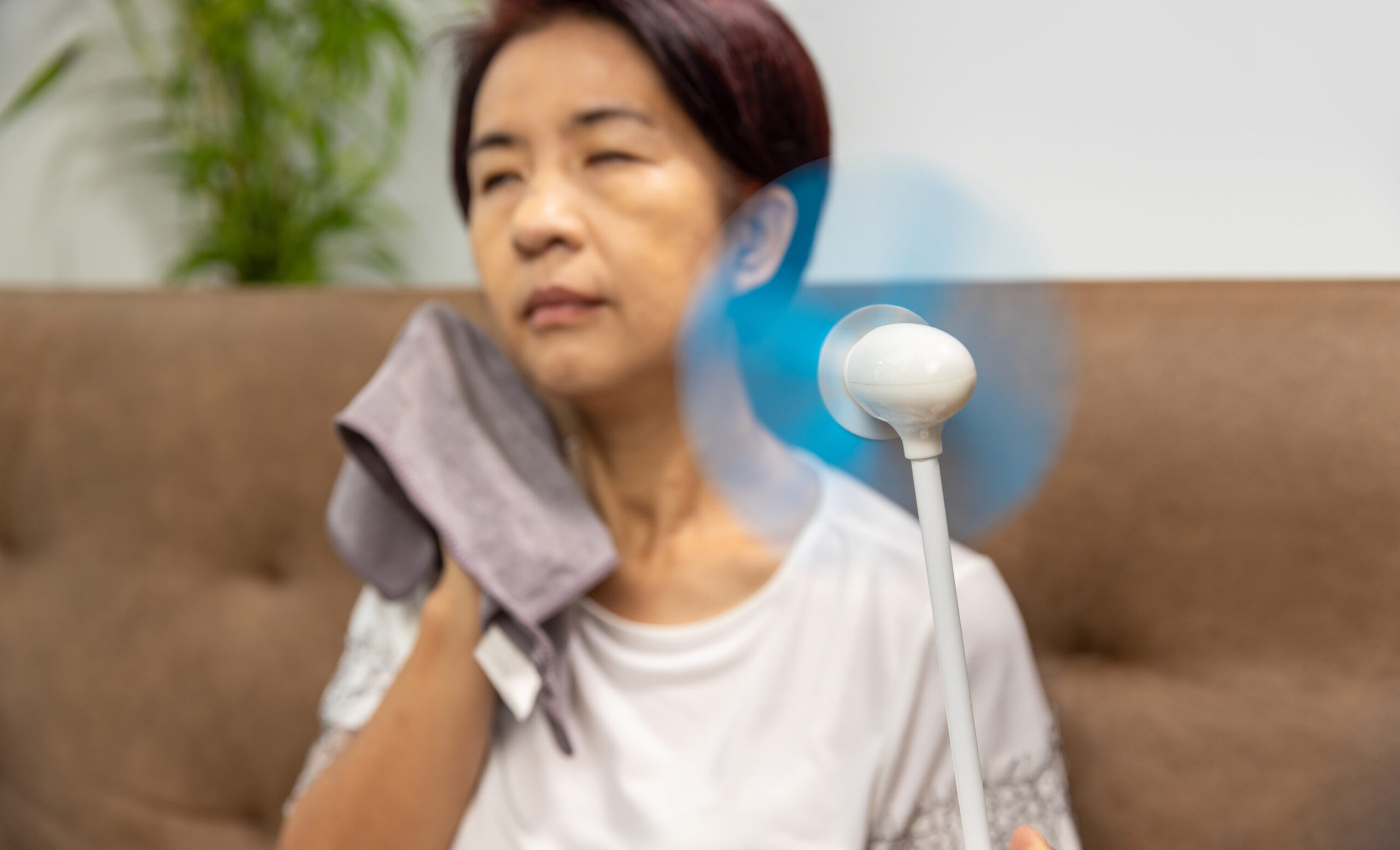As more women openly share their menopausal experiences, bringing this stage of a woman’s life into the light, the body of research, access to information, and treatment options continue to grow. Many women already know that spicy foods or alcohol can trigger hot flashes but new research is also investigating certain foods and nutrients that might help minimize troublesome menopausal symptoms.
According to a recent New York Times Eat report, researchers have begun investigating the role diet may have on hot flashes by studying how the North American diet differs from other cultures in which women report fewer symptoms of menopause like hot flashes, night sweats, fatigue or irritability.
Research out of the George Washington School of Medicine has focused on soy products like tofu and soybeans that contain isoflavones – chemicals that can bind to estrogen receptors in the body, potentially mimicking estrogen. Soy has been linked to reduced hot flashes among women in menopause or perimenopause. Further study, led by researcher Neal Barnard and his team, investigated how a low-fat vegan diet rich in whole grains, fruits and vegetables, that also included a daily half-cup of cooked soybeans influenced hot flashes in postmenopausal women.
A group of 84 postmenopausal women who experienced moderate to severe hot flashes were randomly assigned to continue eating their regular diet or switch to a vegan diet rich in soy. Hot flashes decreased by about 80 percent, and women eating a vegan diet also lost weight – an important factor because some studies have linked hot flashes with increased body fat.
In addition to eating a healthy plant-based diet that includes soy, researchers are also encouraged about the benefits of omega-3 fatty acids to help control hot flashes and other menopausal symptoms. The Mediterranean diet, which includes foods like salmon, walnuts and flaxseeds, is rich in omega-3s as well as plenty of fresh fruits and vegetables, whole grains, and legumes. Avoiding caffeine, sugary foods and beverages, and highly processed foods may also help minimize hot flashes.






Add Your Voice
0 Comments
Join the Discussion